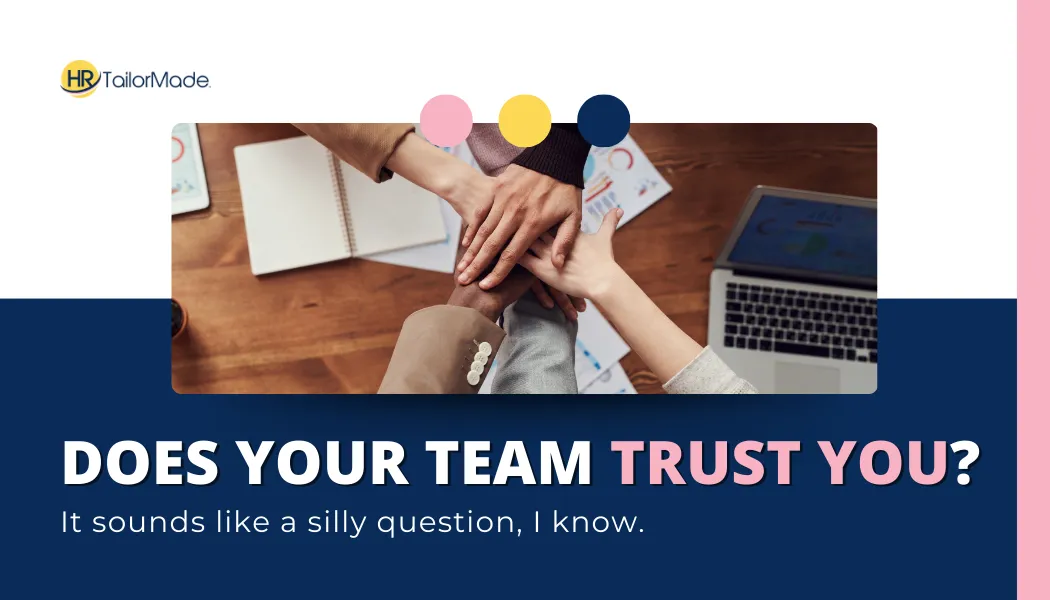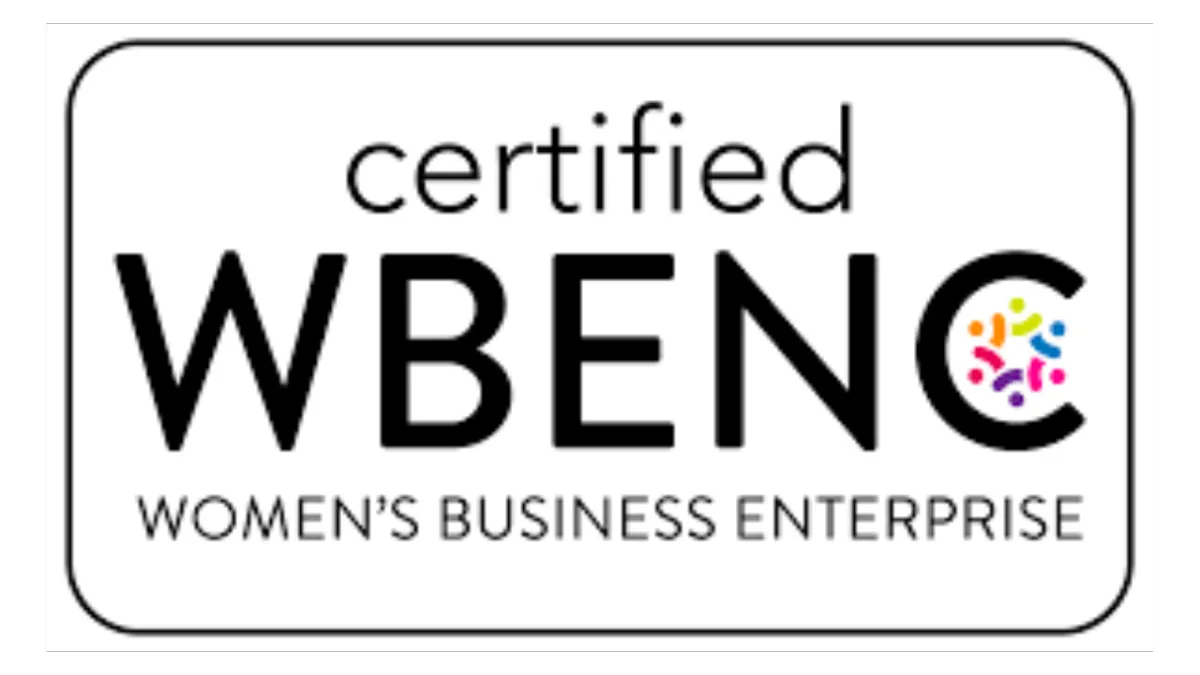Check Out Our Blogs for Workplace Support


Building Trust in the Workplace: Strategies for Effective Leadership
Merriam-Webster Dictionary defines trust as “assured reliance on the character, ability, strength, or truth of someone or something.” This word is often used and frequently missing when it comes to the workplace and the relationship between you and your team.
Yet trust is the bedrock on which successful - and happy - teams are built.
That’s because trust in the workplace is vital for fostering collaboration, innovation, and organizational resilience. When employees trust leadership and colleagues, they’re more inclined to share ideas, take calculated risks, and collaborate effectively toward common goals.
Additionally, a culture of trust can mitigate conflicts. It reduces turnover rates and enhances employee engagement and satisfaction.
Ultimately, trust serves as the catalyst for a dynamic and cohesive work environment where individuals thrive, innovation flourishes, and organizational objectives are met with greater efficacy.
While the concept of trust seems rather basic, building it within the workplace proves to be a nuanced endeavor. Yet if you utilize the following strategies, guided by the principles of effective leadership, trust naturally develops, and everyone can reap the benefits.
Be Authentic
One of the most important things you can do as a leader to foster trust within your team is to be authentic. Be who you say you are. What does this look like as a business owner?
You’re transparent and genuine in your interactions, regardless of who you interact with. It means that your words and actions align, whether you’re talking to board members, potential clients, or an employee. When you’re consistently true to yourself, it instills confidence in your team because they know they can consistently trust you in your authenticity.
Practice Accountability
Hold both yourself and others accountable for commitments. When your team knows that promises will be honored and responsibilities met, a culture of accountability flourishes. Leadership plays a pivotal role in setting clear expectations, providing necessary resources, and holding individuals responsible for their contributions.
So do what you say you're going to do. Hold people accountable for their tasks and responsibilities. When you ensure that everyone is carrying their load, the whole team benefits
Maintain Confidentiality
Confidentiality is vital to building trust within your team. Leadership is responsible for creating a safe space where employees feel comfortable sharing personal or sensitive information. Maintaining confidentiality demonstrates integrity and reinforces that employees can confide in you without fear of their information being shared with others.
This holds true even when a team member shares something personal or sensitive, but doesn’t ask for your confidence. If it’s something that you feel could be valuable to the team, get their permission before you share it.
Protect Your People
Effective leadership prioritizes the well-being and professional growth of the team, not just the business’s bottom line. This includes advocating for employee’s interests and protecting them from ill-treatment. When your employees feel supported and valued, when they know that you have their backs, they develop a sense of loyalty. And when they know you consider their best interest, it builds trust.
So if someone mistreats your employees, stand up for them, even if they’re not in the room. Demand that people treat each other with respect and compassion.
Care for Your Team
Ultimately, to build trust in the workplace, you must prioritize the well-being and happiness of your team. Leaders who genuinely care about their employees as human beings, not just workers, create an environment of trust and mutual support. Whether it involves advocating for career advancement, providing emotional support, or encouraging work-life balance, prioritizing people over outcomes gives your company a culture of trust and loyalty.
Wanting what is best for your employees is one of many traits of a good leader. When you take the time to understand each team member's unique challenges and goals, you create a sense of belonging within the whole work environment.
Essentially, building trust in the workplace is not merely a matter of rhetoric but a deliberate and multifaceted endeavor. Effective leadership leads to authenticity, accountability, confidentiality, support, and a genuine commitment to putting people first. By embracing these principles, you can cultivate a culture of trust that serves as the cornerstone of your organization’s success.
If you want to create trust in your company and propel your team to success, reach out to us at HR TailorMade. We’re here to help you along your journey!

We can help you!
Our HR services have helped a myriad of companies improve their bottom-line, save time and improve employee retention. Isn’t this what business owners want?
If you are ready to scale your business by getting your HR house in order, book your complimentary HR strategy session!
We can help you!
Our HR services have helped a myriad of companies improve their bottom-line, save time and improve employee retention. Isn’t this what business owners want?
If you are ready to scale your business by getting your HR house in order, book your complimentary HR strategy session!


Stop ‘Winging’ the Onboarding Process
Download our 8-step Onboarding Checklist to make things
easy on you…and better for the whole team
Download the FREE Checklist:
I agree to terms & conditions provided by HR TailorMade. By providing my email address I agree to receive email messages knowing I can easily unsubscribe at any time.
